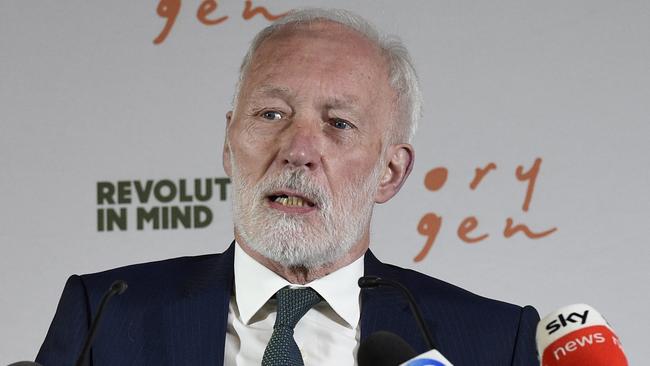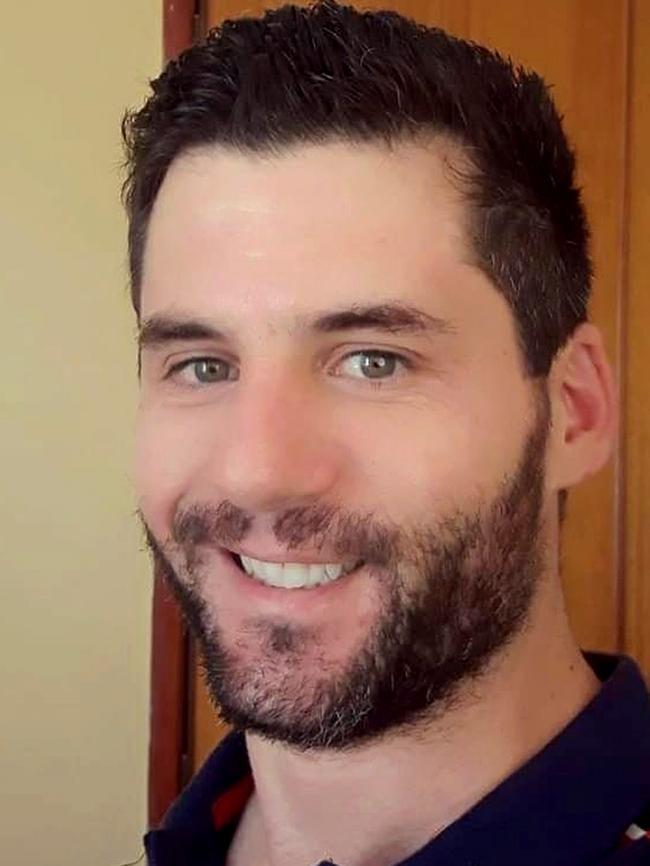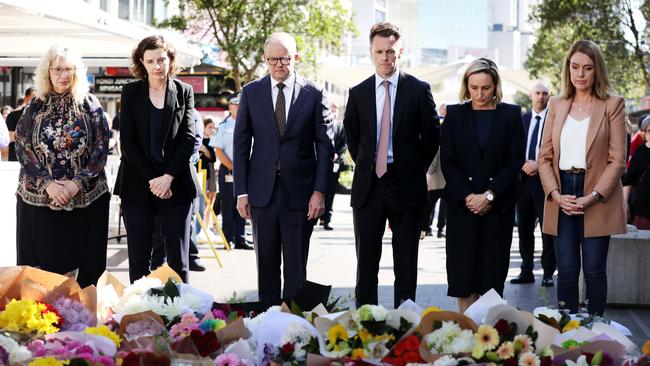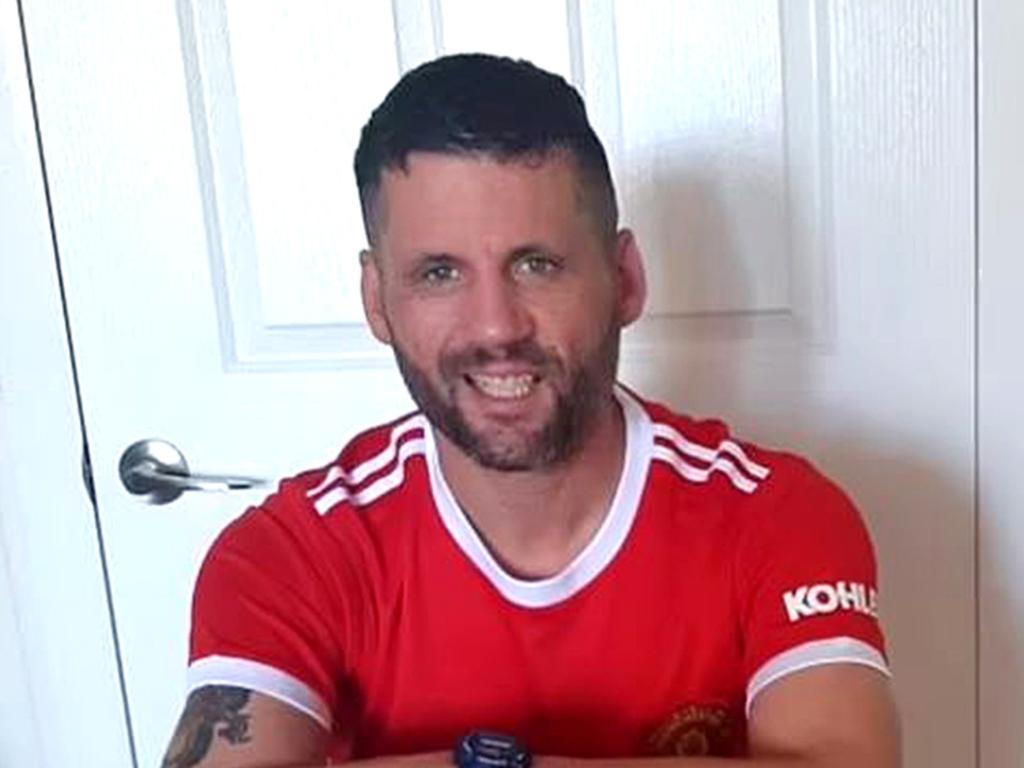Treat mental health as we do cancer, says Patrick McGorry
Following the Bondi attack, a leading psychiatrist says the country’s ‘neglected’ mental health system is ‘weakening our society’ and ‘undermining safety’.

An underfunded and disorganised mental health system makes sick people “prove” they are suicidal or dangerous before they can get treatment, a leading psychiatrist says, as advocates call for mental illness to be treated more like cancer.
Australians for Mental Health, founded by former Australian of the Year Patrick McGorry AO, has written an open letter to Anthony Albanese, as well as the premiers and chief ministers, warning the country’s “neglected” mental health system is “weakening our society and undermining community safety” as the “tragic events of the past week have shown”.
The advocacy group’s call for “reform and investment” to be prioritised at national cabinet comes after Joel Cauchi, who had been diagnosed with schizophrenia and was known to be ‘living rough’ in Sydney, stabbed six people to death inside Bondi Junction shopping centre and injured many more.
“We have underfunded, fragmented services unable to provide accessible quality care based on the latest scientific evidence. The contrast with the rest of the health system, notably cancer care, could not be more stark,” the open letter states.

It explains that while total federal government funding is about half of what is needed, even the money available is spread out in a wasteful and inefficient way, while states and territories “provide limited packages of care around acute relapses of severe forms of illness with discharge back to general practitioners, private psychiatrists or NGOs”.
Commonwealth funding is provided via GPs and private psychiatrists through Medicare, and via 31 Primary Health Networks that “distribute funds to a bewildering array of NGOs and private providers via competitive tendering which severely fragments care and reduces its effectiveness”, the open letter reads.
Professor McGorry, who is also the executive director of non-profit youth mental health service group Orygen, said these providers changed every couple of years and the “workforce is insecure”, making the system unco-ordinated, “chaotic” and “unstable”.
“I couldn’t imagine a worse model to distribute funding,” he said.
Australians for Mental Health, run by veteran community organiser Chris Gambian, also said that while effective and innovative treatments for mental health care existed, they are “available to only a minority of the Australians who desperately need them”, pointing to a “a 50 per cent rise in the level of mental ill health in teenagers and young adults” since 2007. The “poorly organised” mental health system “fails to deliver evidence-based care in a timely and co-ordinated way”, the letter states.
Professor McGorry, whose career has focused on early intervention, particularly for psychosis and schizophrenia, said the system was so underfunded that help was provided only “when people get really sick” and a “wave of new need sweeping across the community (is) being ignored”.
“They have to prove they are suicidal or dangerous. It would be like, with cancer, having to wait until the cancer has spread to the body before anyone can help you … by which stage, the illness doesn’t respond,” he said.
Professor McGorry said that Australians can get high quality cancer treatment that provides the best chance of survival across the health system, which is not the case when people with mental illnesses attend mental health services. “The consequences” of not getting ongoing, multidisciplinary care, the open letter states, “are tragic for themselves and society”.

Professor McGorry said there are “a thousand Joel Cauchi’s around Australia, receiving little or no care in the community.”
He said “the tragedy of Joel” was that from 17 to 35 he was being reasonably well treated by the system, but was then taken off treatment and allowed to disappear into homelessness. He likened it to “treating someone with cancer, and then stopping chemotherapy, so the cancer comes back”.
“The Australian people are now deeply concerned. We expect governments to provide the best quality health care possible in a fair and equitable way across the nation and for all forms of illness. This is not happening,” Australians for Mental Health said.






